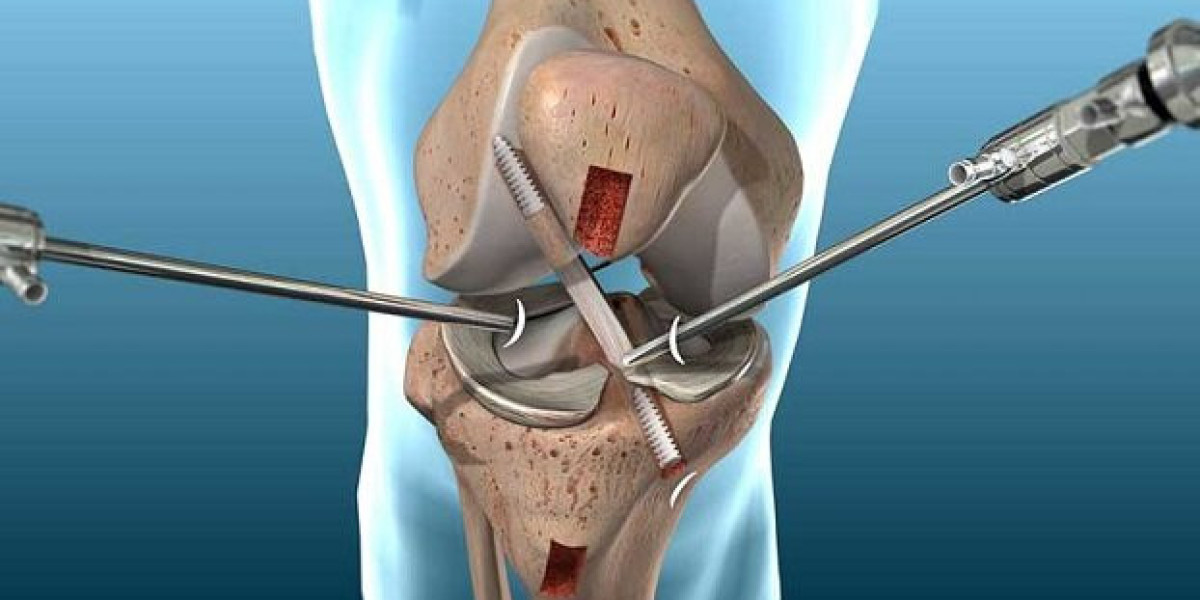Joint reconstruction is a surgical procedure performed by orthopedic specialists to repair damaged joints and bring back the normal-like functioning. Reconstruction surgery ranges from minor repair to complete replacement of the joint (often regarded as joint replacement surgery). This surgery is often performed preserving the natural bone and tissues using different types of orthopedic implants and instruments.
Now, when it comes to surgery, certain risks are always associated. Hence, there may also be complications accompanying joint reconstruction. In this post, we will be having a look at some of the tips for preventing such complications.
How to Prevent Complications After Joint Reconstruction?
Before we start with the tips, we must tell you that the advancements in the industry have significantly reduced the risk of complications. However, the slightest chances are still there; hence, we need to know how we can cope with them.
Prepare Well Before Surgery
The preparation starts before the surgery. How well you are prepared for surgery will decide the severity of the complications and whether they will occur. It wont be wrong to say that we cannot prepare for the complications, but we can stay alert to address them timely.
Before surgery, the surgeon needs to be double-sure about the overall health of the patient. For that, the healthcare service provider will perform a range of tests. This is to keep symptoms of underlying health conditions under check and prevent post-surgical complications related to them.
Look For Signs of Infections
All surgeries carry the risk of infection and hence, the risk of infection is also there after joint reconstruction. So, it is very important to timely address the signs of infection. This is because the infection can be prevented with antibiotics in the early stages. The signs of infection may include:
Persistent high fever
Swelling, redness, or tenderness at the operated site
Increased pain at the surgical wound
Drainage from the wound incision
If you experience any such signs, consult your orthopedic specialist without wasting much time.
Follow Your Rehabilitation Program
A well-prepared rehabilitation plan is a must after every surgery to ensure faster and better recovery. Now, the rehab plan only works when you take it seriously. So, the most important point here with preventing complications after joint reconstruction surgery is to follow the rehab plan. Besides this, it is also important to follow the instructions given by your trainer, physiotherapist, or doctor. Rehab helps you get back to your routine life better and faster.
The Last Say
Post-surgical complications are common, but it is not necessary that they will be severe in all. Preparation before surgery and attention to symptoms post-surgery can minimize the risk of complications. Besides this, attending regular appointments is also the key to addressing complications; if there, in their early stages.
To know more about the recent advancements in the healthcare industry and connect with global industry experts, register for Medical Fair Thailand. The event will go live at BITEC Bangkok, from 13-15 September 2023.








